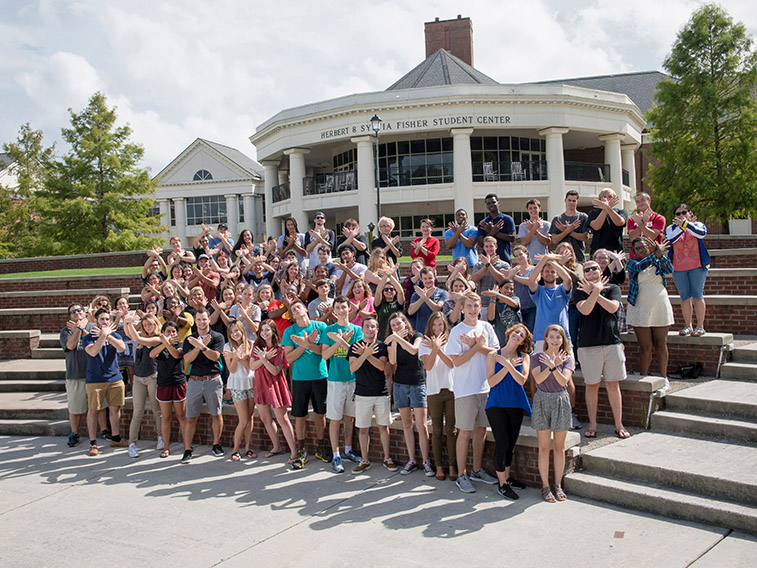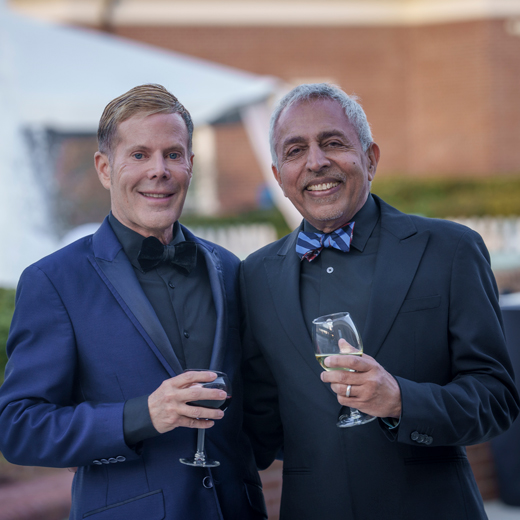See What the LGBTQIA Center Has to Offer
Contact Us
Asher Persin, Center Coordinator
Fisher University Union 1037
601 S. College Road
Wilmington, NC, 28403




